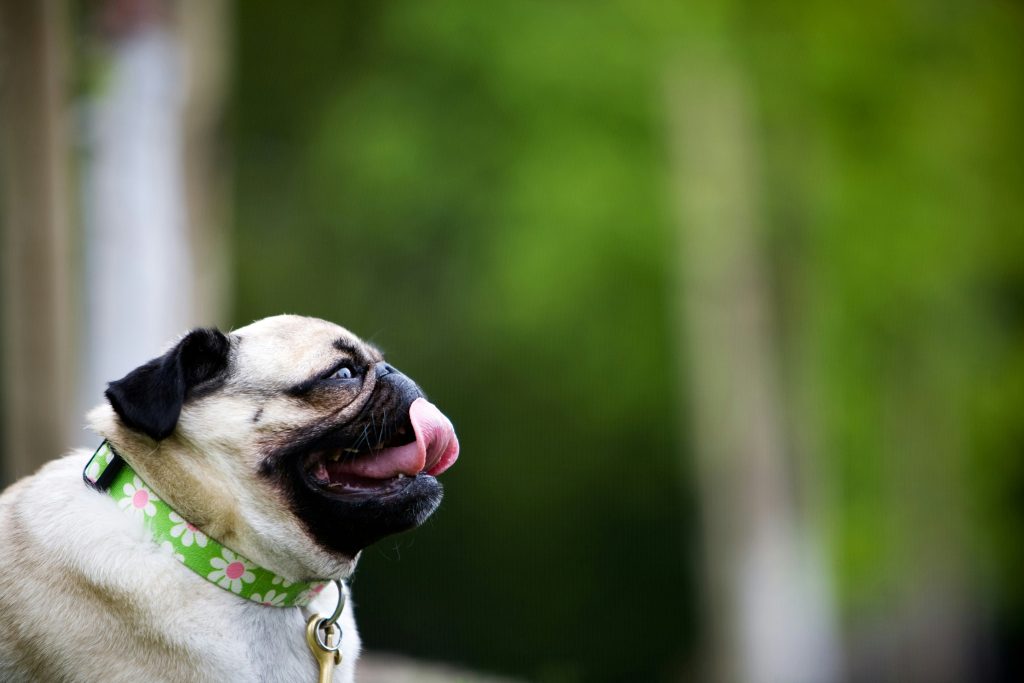If you have a puppy, you’ve probably noticed that they pant — a lot! While panting is normal for all dogs, it can look a little different (and sometimes worrisome) in young pups. Let’s explore why puppies pant and what it means for their growth and health.
Normal Reasons Puppies Pant
Most of the time, puppy panting is perfectly natural. Common causes include:
- Regulating body temperature: Puppies still developing their body systems often pant to cool down, especially after playtime.
- Excitement and energy bursts: Puppies are easily thrilled by toys, new people, and fun adventures.
- Mild anxiety or new experiences: Meeting new animals, visiting the vet, or learning new commands can all lead to excited or nervous panting.
In these cases, the panting is light, stops when they rest, and isn’t accompanied by distress.
When Puppy Panting Might Signal Trouble
While most panting is harmless, there are times when it’s cause for concern:
- Panting with lethargy or weakness: Could signal infection, anemia, or other illnesses.
- Constant panting even when resting: May hint at respiratory issues or heart problems.
- Panting with coughing or difficulty breathing: Always a red flag that needs a vet’s attention.
Puppies are fragile. If something seems “off” with their breathing, it’s better to check sooner rather than later.

Special Factors for Puppies
- Small size: Puppies overheat more easily than adult dogs.
- Developing immune systems: They’re more prone to infections that could cause labored breathing.
- Brachycephalic breeds: Flat-faced puppies (like Pugs or Bulldogs) are naturally more prone to heavy panting.
Knowing your puppy’s breed and unique health risks can help you stay proactive.
How to Help Your Panting Puppy
- Give them plenty of breaks during play sessions.
- Keep them hydrated at all times.
- Avoid overheating: No hard exercise on hot days.
- Create a calm space if they’re overstimulated or nervous.
If your puppy pants heavily for long periods without an obvious reason, it’s wise to contact your veterinarian.
Final Thoughts
Puppy panting is usually a normal part of growing up, but it’s important to monitor the intensity and context. By staying attentive, you can make sure your playful pup grows into a healthy, happy dog.
